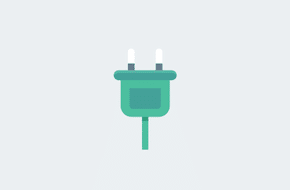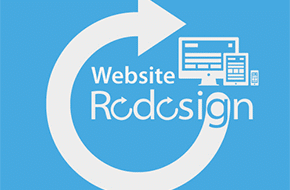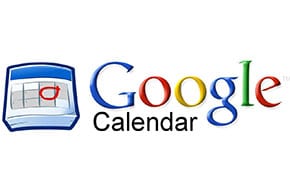
Check on your website’s plugin health regularly for better page speed
It’s easy to collect WordPress plugins, but don’t let them bog down your site!
We’ve talked about improving your overall page speed in previous posts, with one of the best tactics being to optimize your website’s images. But the quest for lightning-fast load speeds is never over, so we’re going to be covering another tactic for when you’ve hit a good routine for optimizing images. In particular, today we’ll be talking about lightening your websites by running a plugin audit.
What do plugins have to do with load times?
Plugins are essentially another base of code that has to be loaded into your website. Plugins can serve a variety of functionalities, but no matter what it does, it’s still extra code that your user’s browser has to process. Each plugin in the queue makes the wait time for a full page-load that much longer. Therefore, it’s best to have as few plugins as possible for the fastest load time.
It’s also important to keep in mind the size of the plugins. You can see file sizes when accessing your website via FTP or other means. Not only does a plugin have to wait its turn to be read, but the actual reading process can take a while too depending on the file size. Some plugins, like visual builders, are bulky and extensive systems with a multitude of options and fallbacks that have to be coded by the developers. While this is all well and good to create a quality plugin, it means it takes that much longer to be read by your user’s web browser. Even if only a small part of the plugin is code actually used, the entirety of it still has to be loaded in. This can seriously bog down your website’s load time.
Excessive plugins aren’t only bad for your loading times, either. Each plugin is another potential entry for a bad actor, putting your website at slightly more risk with each plugin on the list. Plugins are also notorious for crossing wires, especially if they have similar functionalities. This can cause your website to break or crash in unexpected ways, costing much more time than a few seconds of load time.
What does it mean to audit my plugins?
There’s no catch-all solution or rule on how to handle plugins, so that’s why it’s important to run a regular audit on your plugins. Auditing your plugins means going through the list in your WordPress dashboard. and evaluating how critical each plugin actually is. We’ll list a few different possibilities on what you may find, and how best to react to them.
- First off, your plugin may actually be necessary, so don’t go too crazy purging the list! Plugins aren’t inherently bad, and Mr. WPress has our own list of plugins that we couldn’t live without. If you use the plugin regularly and trust the developer, then keep it installed and active!
- You may find a plugin is necessary, but you only use a small portion of it. It’s easy to download a plugin with an entire suite of features you think you’re going to use, and then you only end up using one or two of them. In this case, it may wise to scale down. Find a smaller, more specific plugin with less overall functionality that still fits your needs. The WordPress repository is full of plugins both big and small to serve all kinds of needs.
- In some cases, you may find that you use a plugin, but it seems unnecessarily bulky in file size for what it does. Not every developer is perfect, and there’s no shame in removing a plugin in order to replace it with custom code that you or another developer can write straight into your functions.php or scripts.js file. This will most likely decrease the length of time it takes for that functionality to be processed by the user’s browser. Plus, it’s one less file or code base that has to wait for its turn in the queue, instead being processed with a bulk of other functionalities.
- You could find that a plugin is just unnecessary. You were convinced you needed a specific functionality on a certain page, but looking back now you’re not as sold on the idea as you were. It’s recommended to remove these plugins if you’re not totally convinced you need them. Even if you only use it on the one page, the website has to load it across the board. Reusing a functionality from another page that does something similar saves time for both you and your users.
- Sometimes a plugin is just old. You replaced its functionality with something newer a while ago, but forgot to deactivate or delete the plugin. These are the slam dunks – say goodbye to old plugins and hello to faster page speeds!
How many is too many?
Every website is different, so there’s no hard and fast rule on how many plugins you should or shouldn’t have. But a general rule of thumb is to try and keep your list under 20 plugins. A multilayered and complex site may come close to that number, while a simpler blog or eCommerce shop might be able to get away with as few as five. But going over twenty is asking for trouble in regards to load time, security breaches, plugin conflicts, and more.
If you’ve finished running your plugin audit and still feel you have too many, you may want to reach out for more experienced help. Getting another eye like Mr. WPress on your list may reveal plugins you didn’t know could be replaced or combined into a custom plugin. In general, custom plugins are a better bet than public ones anyway. Custom plugins are designed specifically to fit your needs, so you won’t have to worry about excess functionality bulking down your website. Custom plugins are less of a security breach too, since the code isn’t public-facing where anybody can access it.
Need some help running your audit, or want to go to the next level with some custom plugins? Don’t hesitate to reach out to Mr. WPress for a free quote! We’d be delighted to help you get your site running as smoothly as possible!



